Intermittent Fasting: Is It Right For Me? You bumped into Bobby at the gym last week and he looked amazing. He’s down 10 pounds and has this healthy glow. What’s his secret? Intermittent Fasting (IF).
This isn’t the first time you’ve heard of Intermittent Fasting, but now you’re starting to get curious. Is it the holy grail that everyone seems to believe these days? Or is it just another one of those fads that science will disprove tomorrow?
Let’s explore.
What is Intermittent Fasting (IF)?
Whenever we hear about a new method of dieting, we tend to put our guards up. But before you put up the wall, understand that intermittent fasting is something you already do. In fact, you’ve been doing it since the day they cut your umbilical cord.
IF is happening in every moment between meals or snacks. Even if you’re a habitual snacker, you’re practicing IF while you sleep. It’s not exactly a new concept.
But when people like Bobby talk about intermittent fasting, they’re talking about a little more than an 8-hour fast. In the health and nutrition realms, IF is used to describe a period of fasting for 12 to 24 hours.
Benefits of Intermittent Fasting
So why would anyone in their right minds do this? Well, there are some pretty amazing benefits to be had for some people.
-
IF makes cellular, genetic and hormonal changes
When you don’t eat for a while, things happen in your body. First, your body will initiate a cellular repair process and begin changing hormone levels to make your body fat more accessible.
On the cellular level, the body begins to remove waste from your cells. On the genetic level, the body adjusts specific genes and molecules involved in disease prevention.
And most importantly for those looking to lose body fat, IF results in higher circulating levels of human growth hormone (HGH). HGH helps facilitate fat burning and muscle gain. Studies show us that intermittent fasting may result in fivefold increases in HGH.
-
You may lose belly fat
This one goes back to the basic principles of weight loss. If you want to lose weight, consume fewer calories than you burn in a day. When you practice intermittent fasting, you’re limiting the number of hours you have to eat. This often results in a natural calorie reduction.
But this only happens if you don’t binge in the moments when you’re allowed to eat.
If that’s what you’re worried about, know that there’s another way that IF can help you lose weight. The changes in your body that happen as a result of fasting increase the breakdown of fat and help your body use that fat for energy. Higher HGH levels, increased norepinephrine, and lower insulin levels all contribute to this fat-burning phenomenon.
As a result, intermittent fasting can increase your metabolic rate by 3.6-14 percent.
-
IF can reduce insulin resistance
If you have a family or personal history of diabetes, you’ll want to pay attention to this one. Studies have shown that intermittent fasting can reduce fasting blood sugar by 3 to 6 percent and fasting insulin by 20 to 31 percent.
-
Intermittent fasting can reduce inflammation
Inflammation is at the root of disease like cancer, rheumatoid arthritis, and multiple sclerosis. In normal levels, inflammation is a good thing. It’s part of the body’s natural healing process. But in excess, inflammation can cause some serious issues. Intermittent fasting can improve the body’s reaction to oxidative stress (a cause of inflammation) and fight inflammation itself.
-
IF may be good for your heart health
Intermittent fasting can help reduce some of the significant risk factors for developing heart disease, including inflammatory markers and blood sugar levels, as we’ve already seen. But IF may also improve blood pressure and triglyceride levels.
Methods of Intermittent Fasting
There are a few different strategies for short-term fasting. One may work great for you but not for someone else. If you’re interested in trying intermittent fasting, choose the method that seems most appealing to your lifestyle.
The following is not an exhaustive list, but these are some of the more common approaches.
- Leah Gains Approach – This method encourages 16-hour fasting. It doesn’t matter when you fast as long as it’s for a consecutive 16 hours. For example, if you wake up and have breakfast at 7 a.m., you’ll want to stop eating by 3 p.m. the day before. If you’re okay with skipping breakfast, it may be a bit easier. In this case, you can have a normal dinner. As long as you stop eating by 7 p.m., you can have brunch at 11 a.m. the next day.
- Warrior Diet – As you might expect from its name, the Warrior Diet is a bit more intense. With this approach, you fast for 20 hours and eat only in a 4-hour window each day.
- Eat Stop Eat Protocol – This is an entirely different approach from the other two. With the eat-stop-eat protocol, you fast for a full 24-hour period each week and eat regularly on the other days.
Is Intermittent Fasting Right for Me?
If you’re interested in the benefits of short-term fasting that we’ve covered here, you’re probably thinking of giving this a shot. But you should know that IF isn’t for everyone.
Not everyone does well with fasting. For those at risk, intermittent fasting can lead to eating disorders. Fasting may also work better for men than women. A woman’s body is more sensitive to nutrient deprivation, and women may experience adverse hormonal effects when they engage in short-term fasting. The key is to do what’s best for you and your body.
If you’re concerned but still want to give it a go, try fasting for shorter periods of time every day. For example, if you usually fast for 9 hours between evening snacks and breakfast, up it to 10 hours for a week and see how you feel. If that works, try 11 hours in the next week.
Keep tabs on your physical and emotional well-being during this time. And if it ever feels wrong to you, stop. Intermittent fasting works very well for some people, but it’s not the only way to lose fat, lower blood sugar and fight inflammation. It’s always important to listen to your body and do what feels right for you.
Related Videos for Intermittent Fasting :
5 Intermittent Fasting Tricks to Burn Fat Faster
How to do Intermittent Fasting for Serious Weight Loss
Benefits of Intermittent Fasting: See How Fast It Melts Fat
Biggest Intermittent Fasting Mistakes
Does Intermittent Fasting KILL MUSCLE? (Diet Confusion)
8 Essential Tips To Workouts With Intermittent Fasting
HOW I LOST 30 LBS WITH INTERMITTENT FASTING
How Intermittent Fasting Affects Your Body and Brain
Related Infographics for Intermittent Fasting :
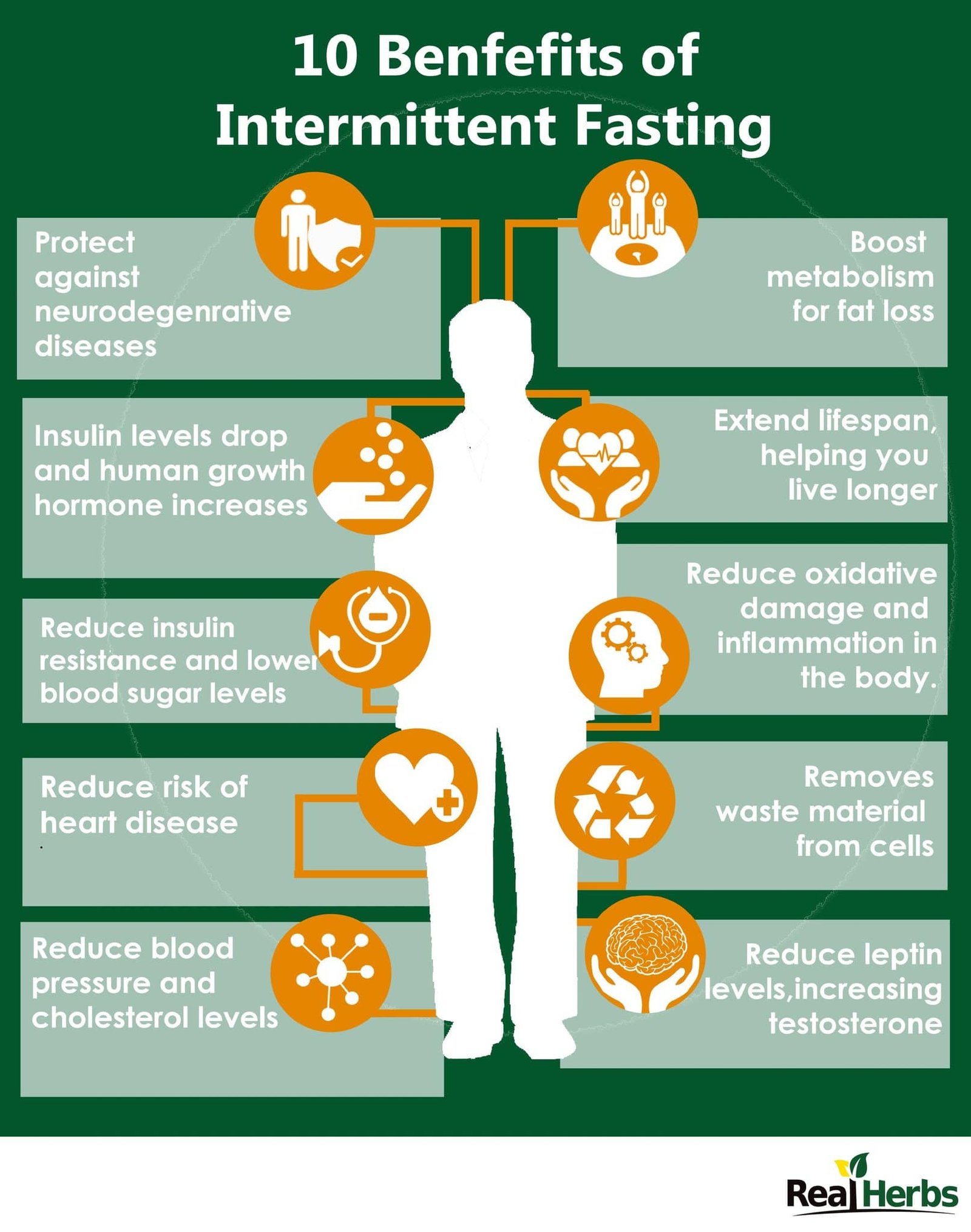
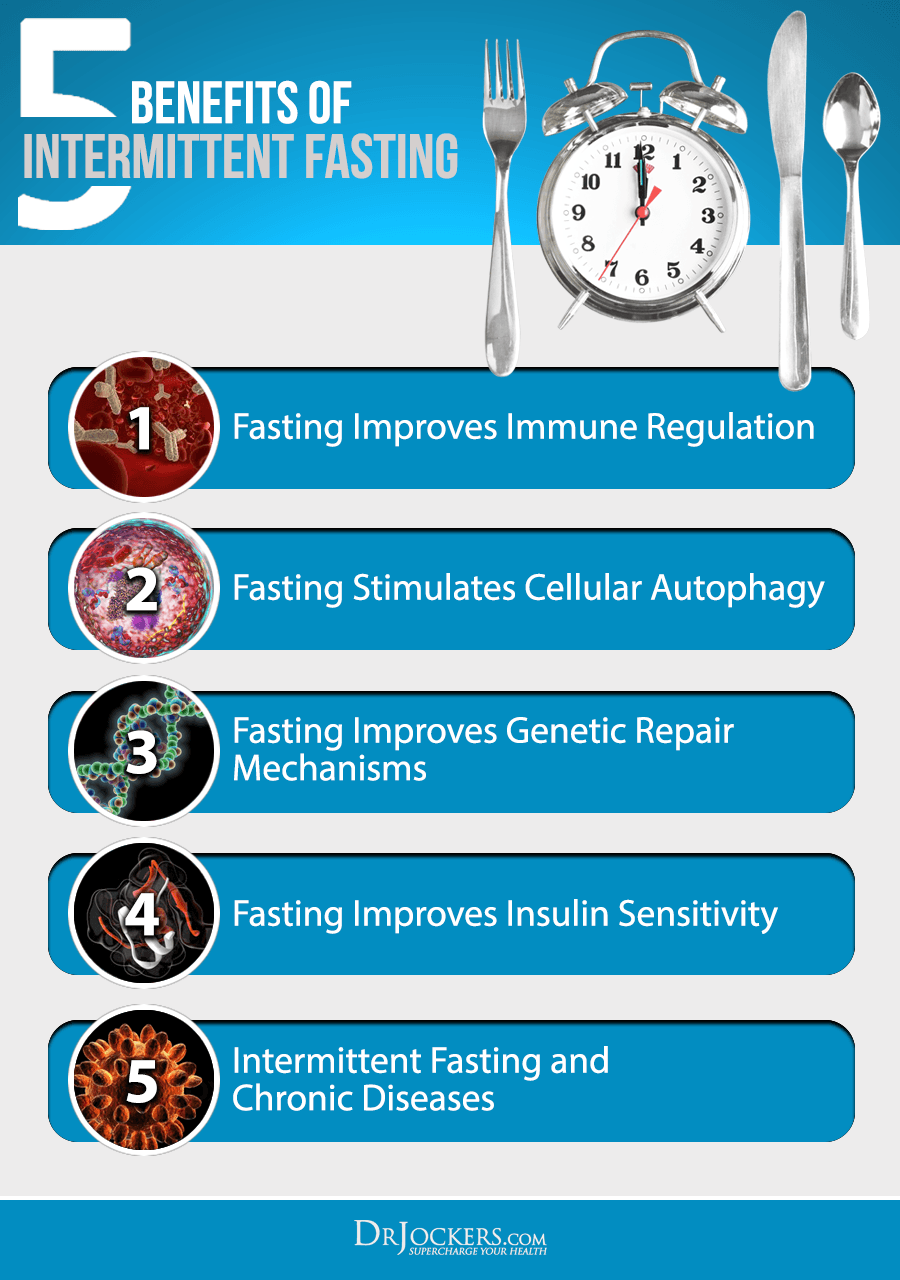
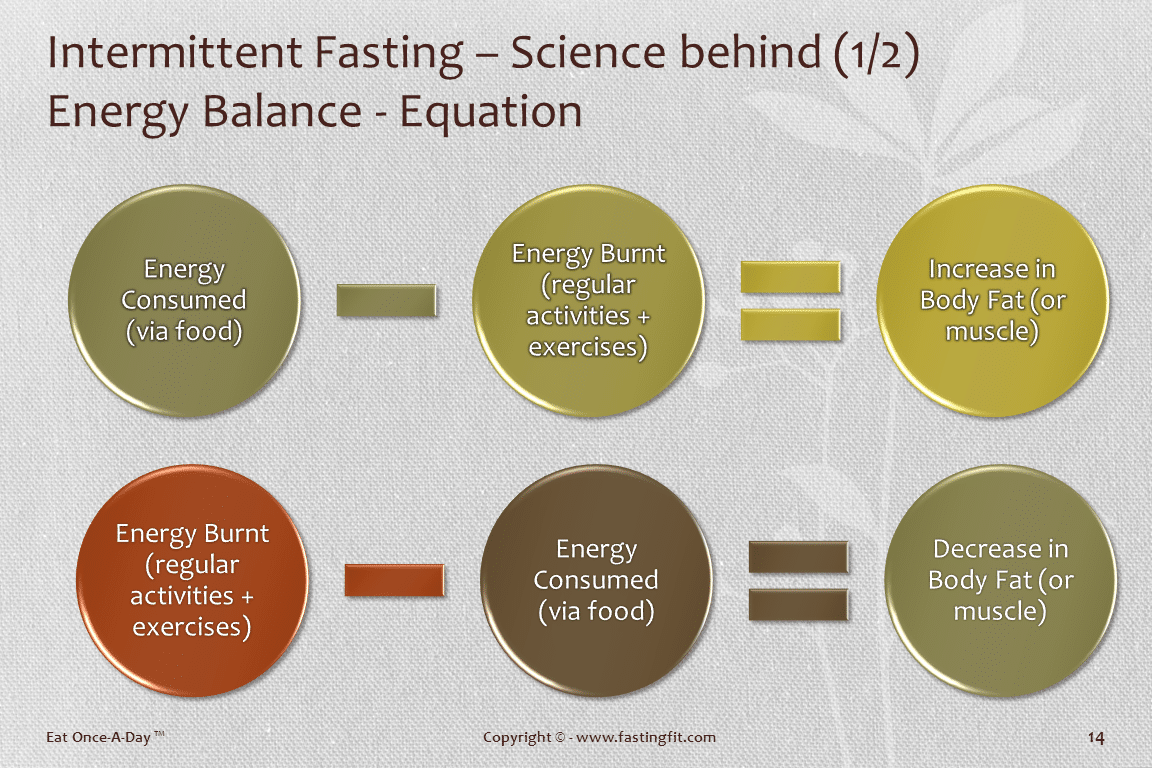
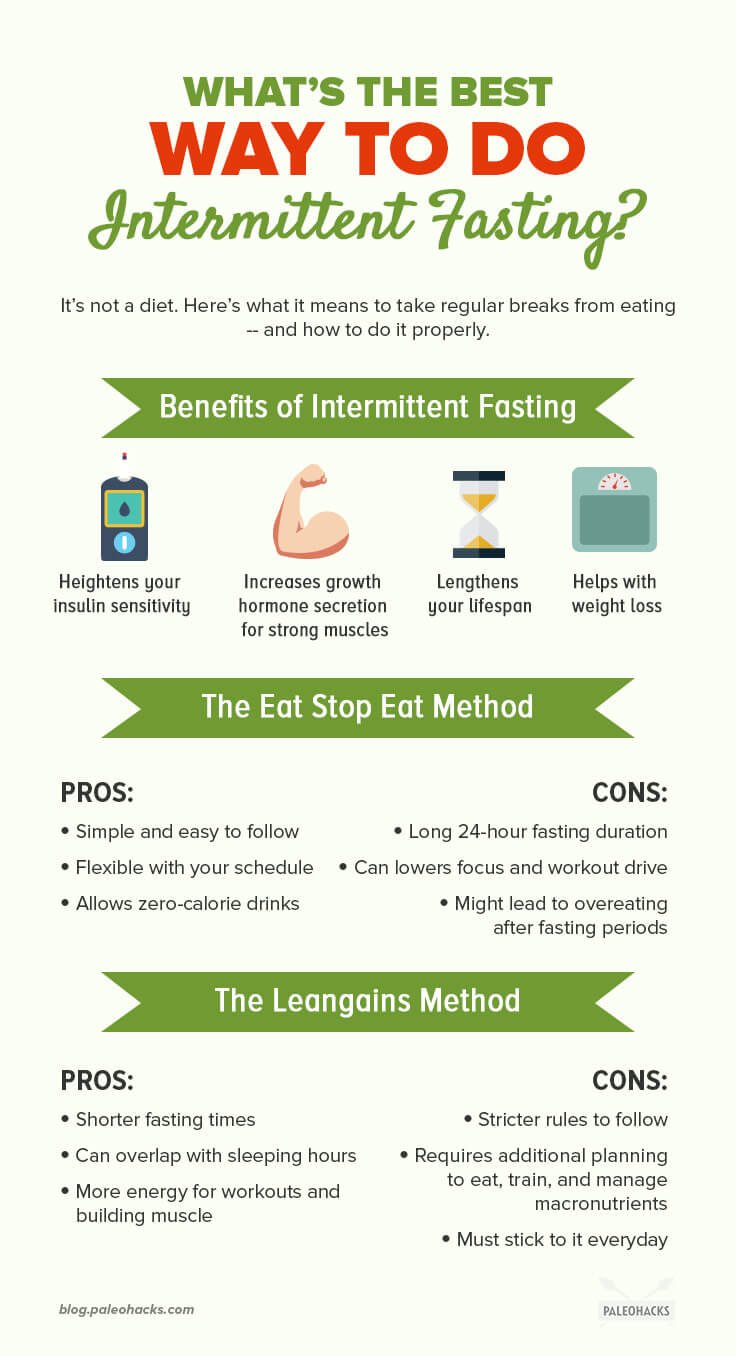
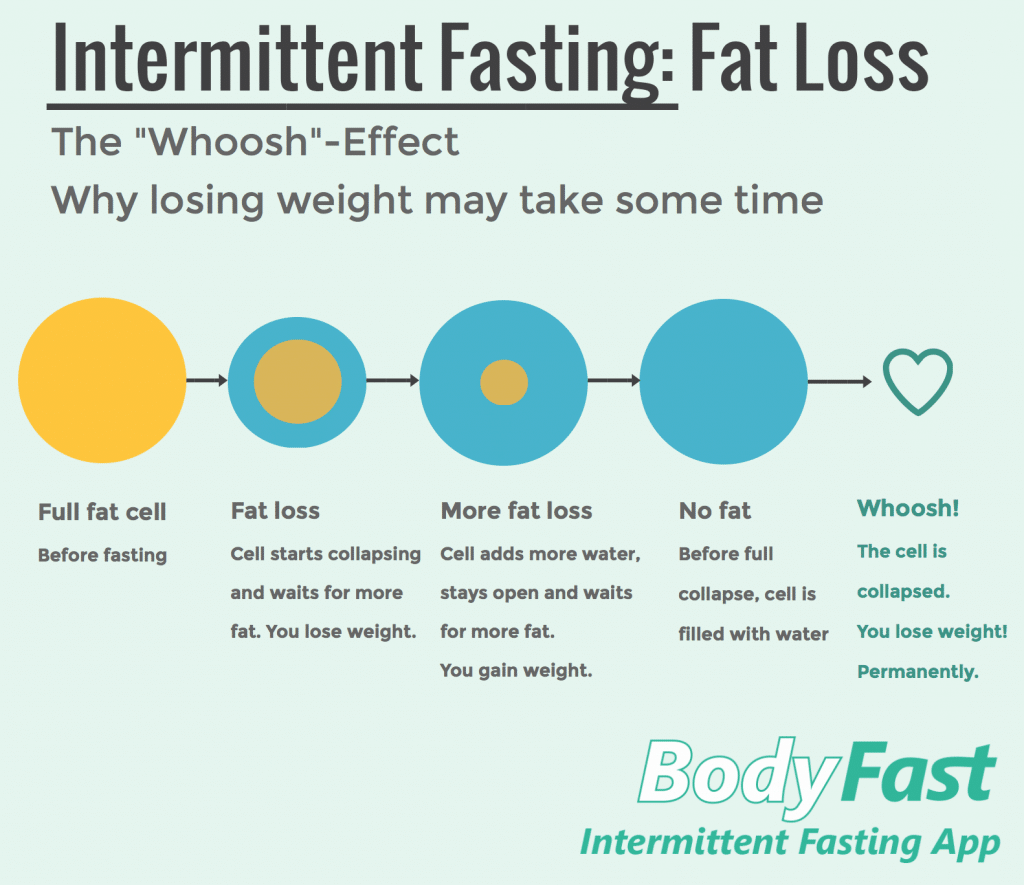
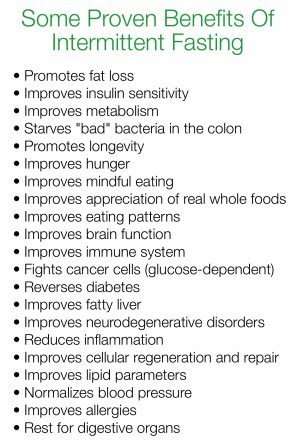
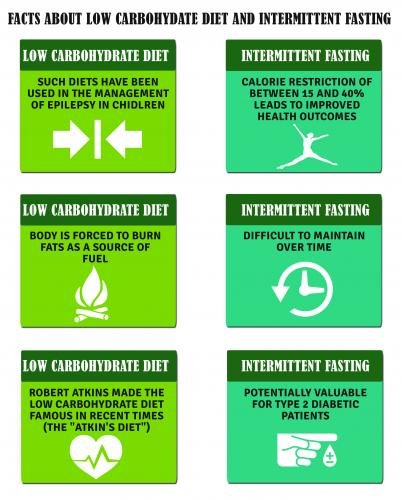
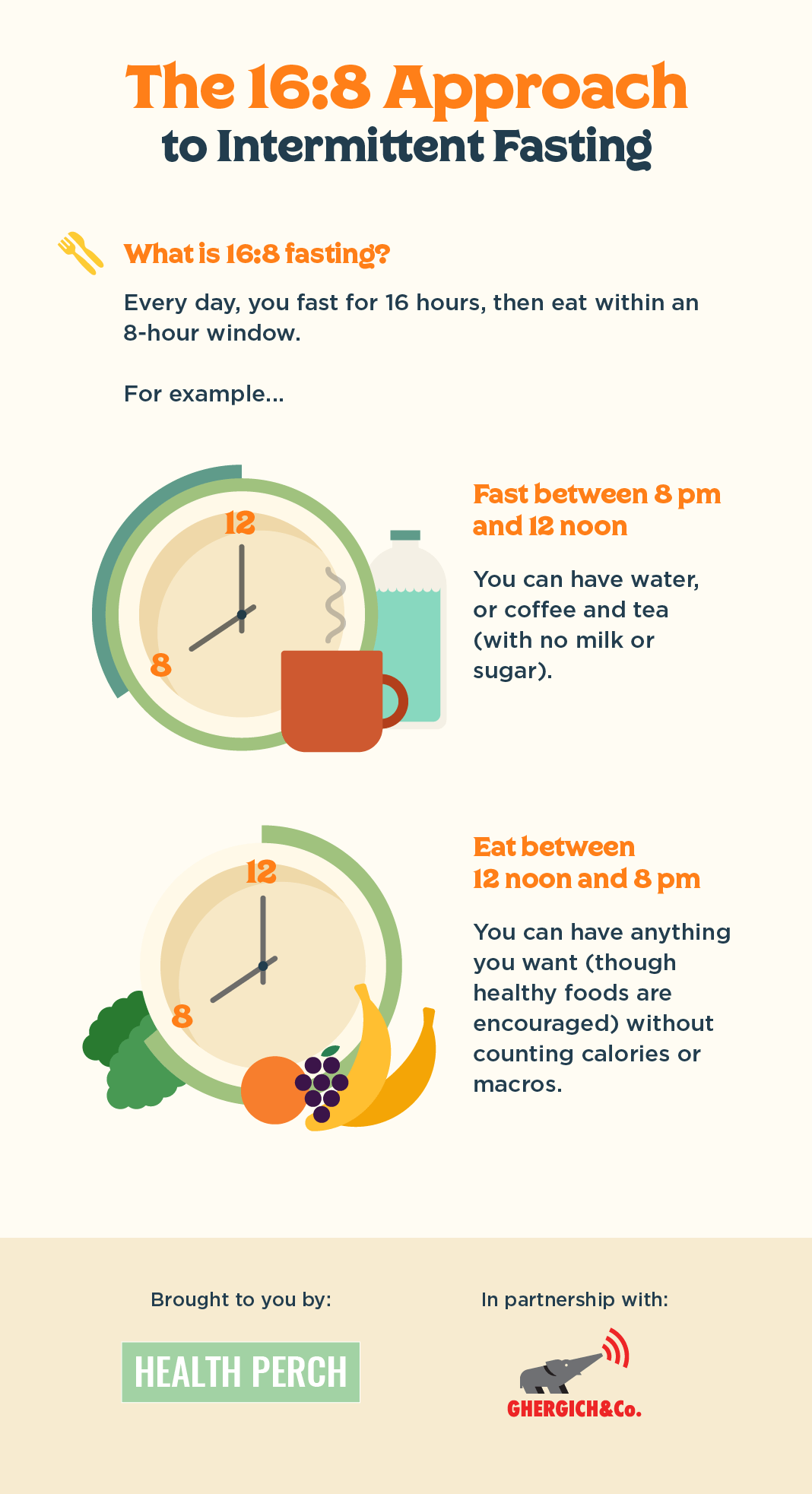
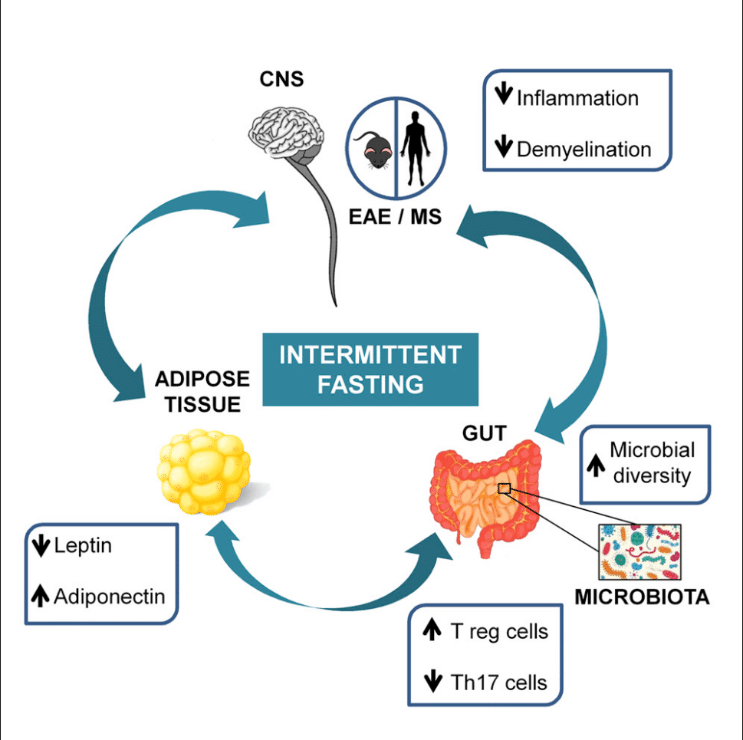
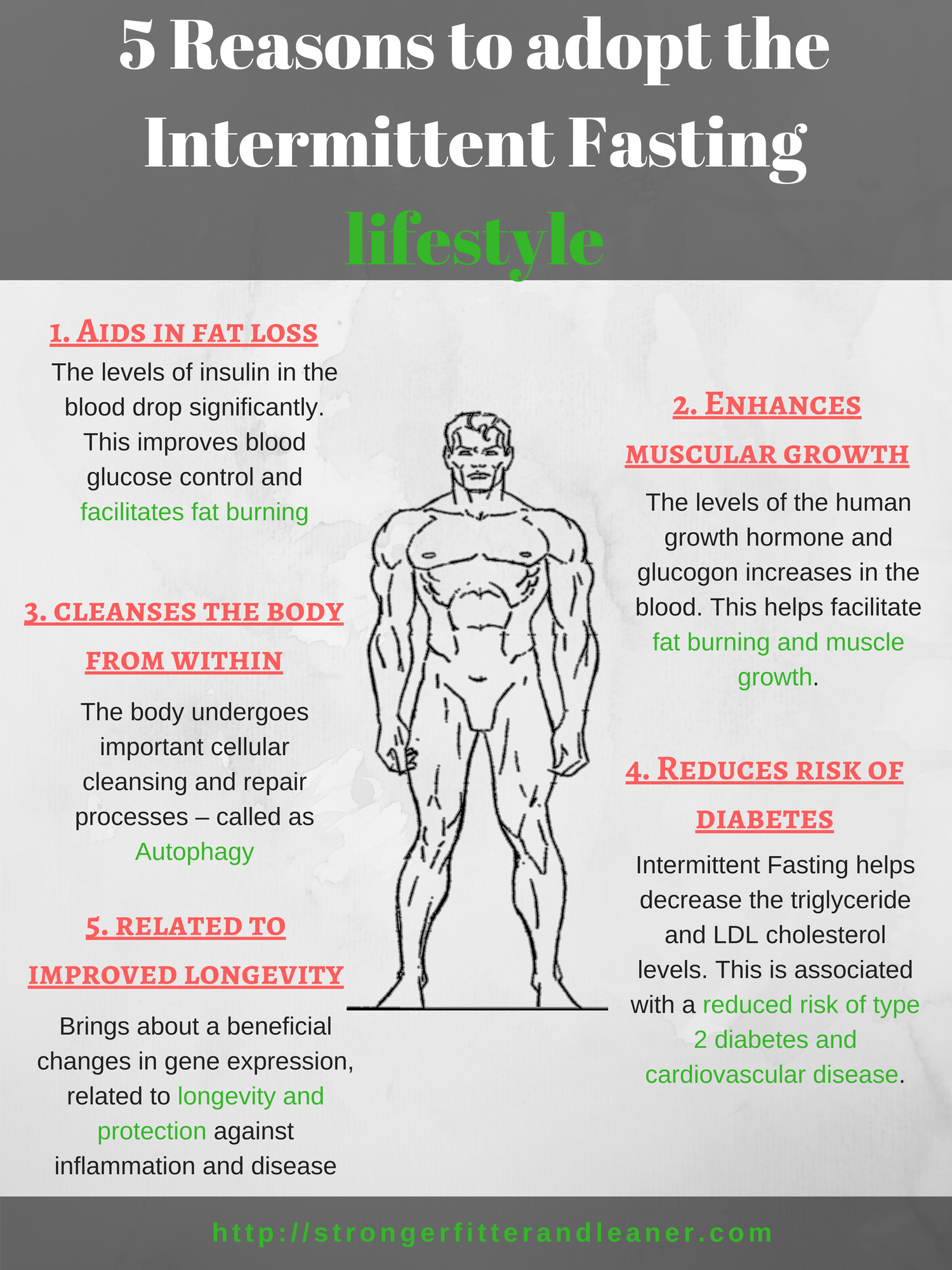
Intermittent Fasting: Is It Right For Me?
intermittent fasting results, intermittent fasting guide, intermittent fasting benefits, intermittent fasting meaning, intermittent fasting diet, intermittent fasting for weight loss, intermittent fasting for beginners, intermittent fasting leangains, Intermittent Fasting




